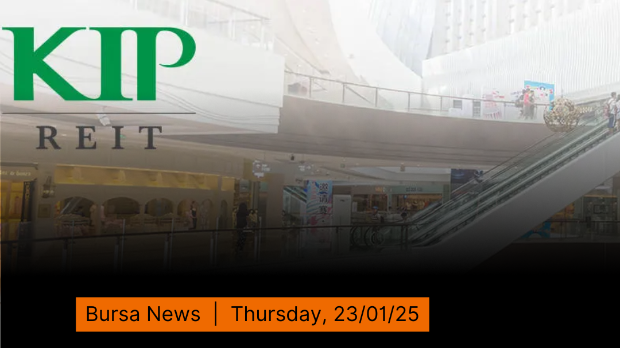Are our students ready for the IR4.0 workplace?
savemalaysia
Publish date: Wed, 02 Oct 2019, 02:46 PM
INDUSTRIAL Revolution (IR) 4.0 is characterised by advances in technologies such as artificial intelligence (AI), augmented/virtual reality, big data and analytics, and the Internet of Things.
These technology advancements, when adapted in the workplace, are enabling new ways to execute work, bringing new opportunities for value creation to businesses and organisations — paving the way for the formation of digital ecosystems and collaborations as well as engagement with consumers at a greater scale.
In terms of readiness for the IR4.0 workplace, do students or would-be graduates in Malaysia understand the concept of IR4.0 and its impact on their future careers, and are they prepared for the ever-evolving digital workplace?
These are the questions that sought to be answered in a study commissioned by INTI International University & Colleges (INTI) and International Data Corporation (IDC) on Graduate Readiness for the IR4.0 workplace.
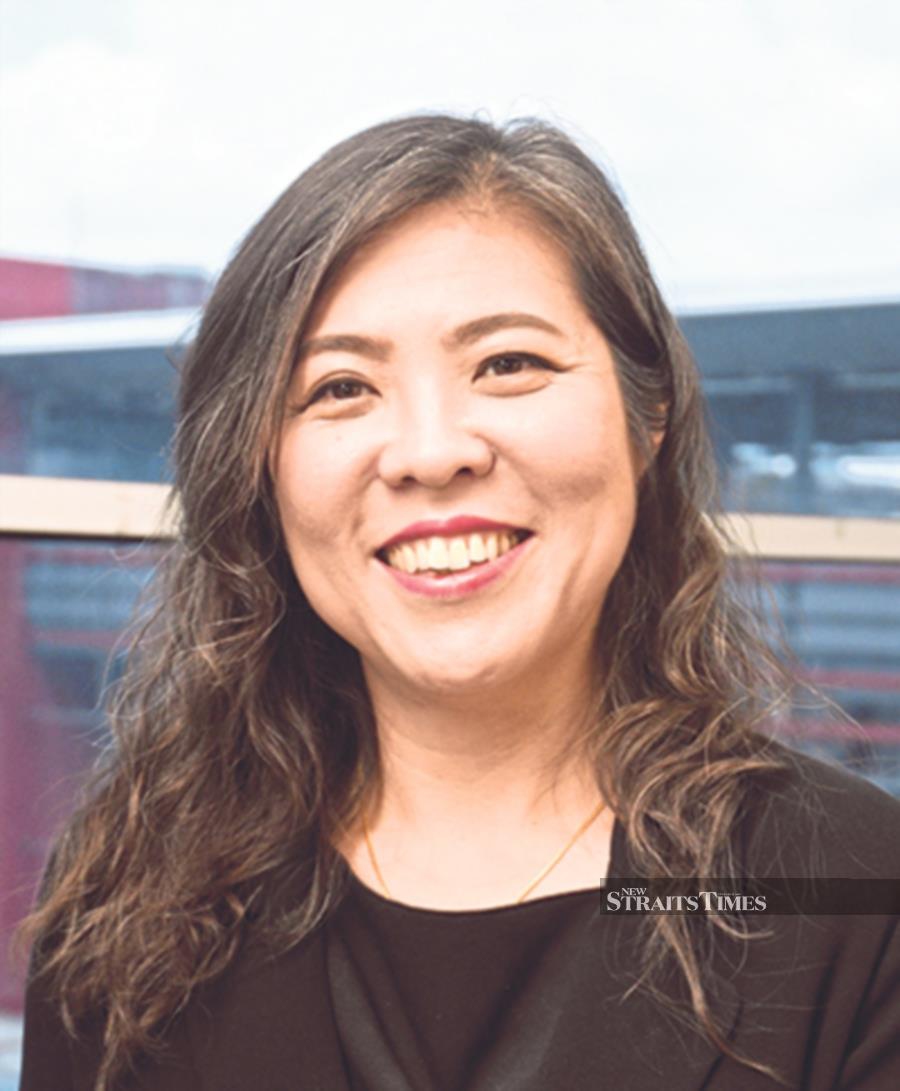
Involving 560 respondents comprising students, graduates and parents, the survey aimed to uncover if talents were ready to be part of a digitally-evolving workforce.
Among the key findings of the study were that students, graduates and parents lack clarity on IR4.0; students feel unprepared to join the IR4.0 workforce; and that tertiary education may not be doing enough to prepare students for the workplace.
According to Tan Lin Nah, acting chief executive officer of INTI International University & Colleges, despite the increase of IR4.0 initiatives by the government and industry, more than half of the students and graduates responding, respectively, were unable to articulate what IR4.0 entails.
Likewise, more than half of the parents surveyed lacked the ability to discuss IR4.0 and why it is relevant to organisational transformation.
“While emphasis on STEM (Science, Technology, Engineering and Mathematics) education is on the rise, students are unable to articulate or envision how their choice of education and careers today may be impacted by digital change,” said Tan.
She said most students have not gained exposure to IR4.0 and may be too reliant on only their academic programmes to make them job-ready.
“Universities must evaluate and assess how well their current programmes provide training and real-world insights to graduates entering the workplace, and what they need to do to scale up beyond theoretical and academic teaching.
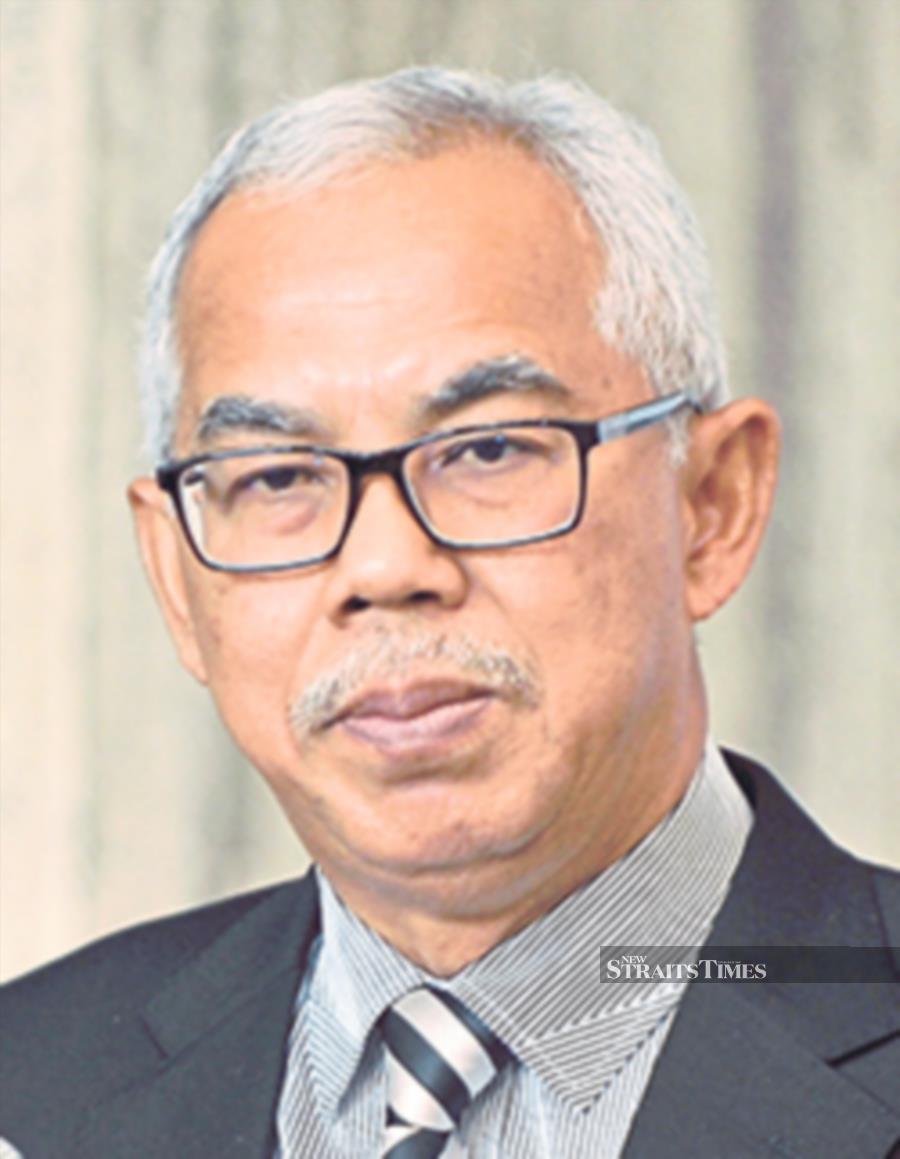
“Beyond technical skills, universities also have a crucial role to play in ensuring soft skills such as critical thinking, problem-solving, leadership skills and lifelong learning are integrated across all programmes, so that graduates can cope with rapid changes in the industry and take charge of their own learning,” said Tan, adding that in reality, it takes years for programme syllabi to be updated at university and to keep track on what is current and changing within the industry.
She also noted that not many students took the initiative to take courses to get additional certifications relevant to the IR4.0 workplace, citing time constraints and a lack of value as their reasons.
While students and parents believe employers are looking to younger talents as technologically-savvy employees who will help them in their digital transformation, graduate respondents paint a different picture that there are organisations unwilling to adopt a new generation of talent, stating legacy issues and an unwillingness to adopt new processes as the key challenges faced in the workplace — pointing to a mismatch of expectations from graduates and the reality in the industry.

INITIATIVES
Tan said INTI has begun the process to equip future talents for the rapidly evolving technological workplace through innovative teaching and learning, and in developing strong industry partnerships with over 450 industry partners.
“Our initiatives will provide students with the experience and readiness for them to be integrated into the workforce, such as real-world employer projects, industry advisory boards, workshops, boot camps, industry-led competitions, short courses and internships where graduates would have gained some experience and insights on how to deal with current challenges when they enter the workforce. Some of the high-tech industry partners that we currently work with on these initiatives include IBM, Google, Alibaba GET, Dell and Glodon,” she said.
In addition to current initiatives, INTI offers Design Thinking as part of the required Mata Pelajaran Umum module across all bachelor’s degree programmes.
This module teaches students to analyse and develop solutions to real-life challenges, to achieve the best outcomes in an innovative and efficient manner.
“Through this module, students work closely with industry, gain exposure to current social issues, and develop their skills in research, presentation, teamwork and the ability to view challenges critically. The programme also empowers students to be socially-conscious while preparing for careers in a digitally-driven world,” Tan said.
INTI also continues to organise its Industry Advisory Boards, where members of faculty and industry meet to evaluate curriculum and the inclusion of industry trends in learning.
“These measures are part of acknowledging that education must change to meet the needs of a new digital era and through this, INTI continues to prepare future talents to be part of the IR4.0 workforce,” Tan remarked.
Universiti Teknologi Mara (UiTM), meanwhile, has been responsive and actively embarking on IR4.0 related initiatives for the past three years, starting from a campus-wide campaign and awareness drive in 2016.
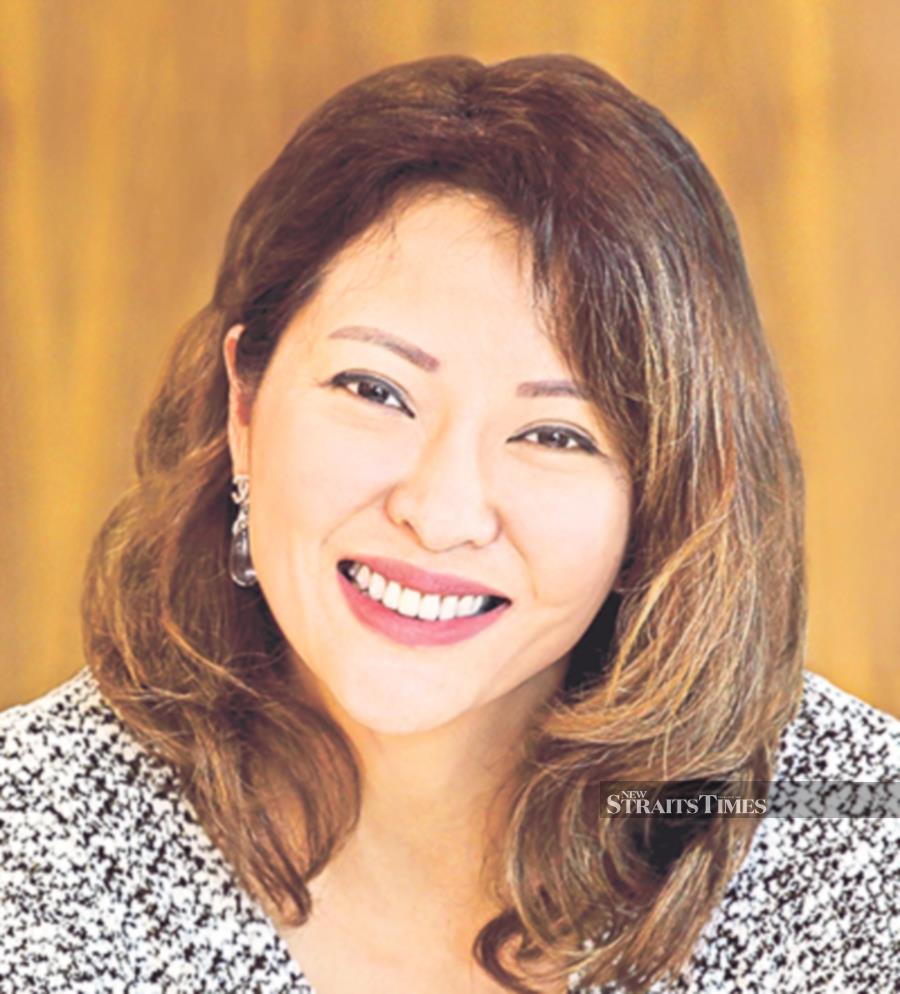
The university has 13 Data Analytics Labs on various campuses for data camp training programmes that are open to students from all faculties as well as 21 Smart Classrooms that support the design and implementation of Active, Relevant, Interactive and Fun learning (ARIF).
Early this year, the university launched the Pioneering University Framework of UiTM to put forward the provision of High End TVET programmes where UiTM is to introduce emerging technology competencies in the diploma, degree and professional programmes such as Enabling Technologies for Industry 4.0 Revolution as stipulated by the National Policy on Industry 4.0 (Industry4WRD).
Its vice-chancellor, Emeritus Professor Dr Mohd Azraai Kassim, said: “This means that in general, an intuitive approach is taken in designing and developing a fluid, dynamic and organic curriculum”.
“Students are prepared to face the changing world, to be able to use their existing skills and quickly learn new ones to be participating members of society. Other than the 21st century competencies, students must be socially competent, adaptive competent, digital competent and must have a high level of personal competence,” he said.
To have these, the curriculum is built to be both industry and community relevant, with future proof content offered through multidisciplinary electives and academic programmes.
Most programmes have been revised to embed data analytics and/or any of the nine IR4.0 technological advances such as autonomous robots, simulation, system Integration, IoT, cybersecurity, cloud, augmented reality (AR), and additive manufacturing.
As an example, the undergraduate degree programmes at the Faculty of Electrical Engineering are built on flexible and organic curriculum where the students are exposed to special topics like Artificial Intelligence, Internet of Things (IoT) and Robotics.
Elective and non-credit courses are offered across faculties, cross campuses and via multimodal delivery, with the intention of creating a more holistic approach in nurturing students. Such learning materials are provided online to enable easy access and to encourage collaboration with a diverse group of learners.
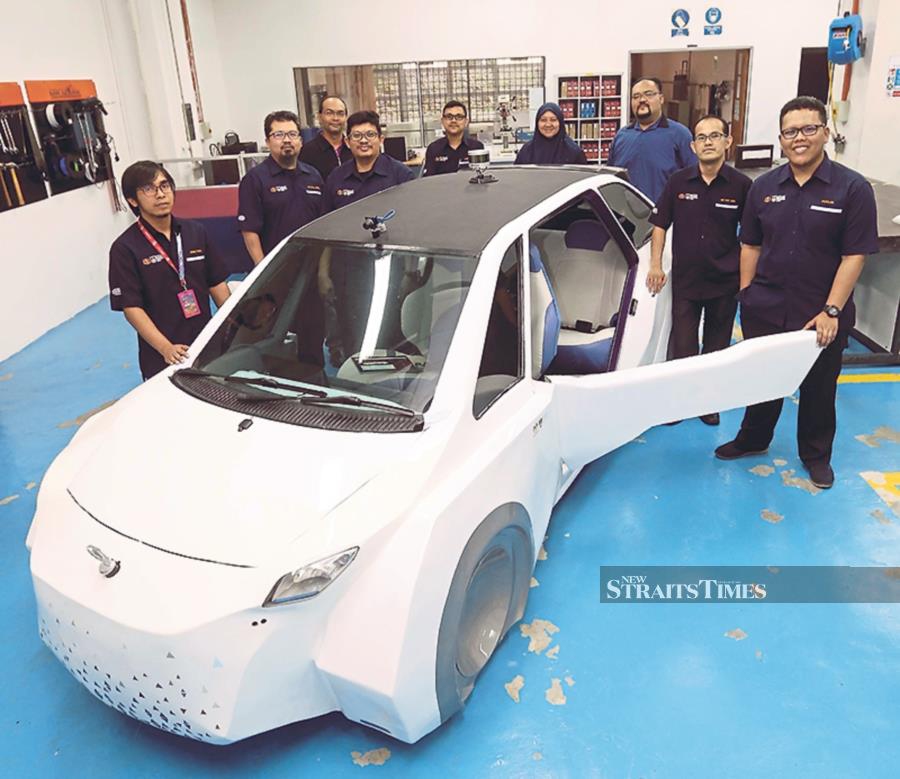
“To date, there are more than 500 Massive Open Online Courses (MOOC) developed and completed in UiTM. By 2021, it is expected that there will be a proliferation of MOOCs and micro learning courses that will allow students to have a learning buffet, with a spread of courses that can be taken out of interest or for further certification in related fields.
“Credit transfer from courses taken from other universities or providers will be instituted to cater for the growing spirit of ubiquitous and distributed learning,” said Mohd Azraai.
He also highlighted that as part of UiTM’s provision of IR4.0, research and development has been and continues to be geared towards emerging technologies such as robotics and artificial intelligence.
The university has also drawn up an initiative branded as Education 5.0@UiTM that responds to IR4.0 while emphasising the humanistic part of education.
Education 5.0 is defined as a learning-centric ecosystem that is sustainable, balanced and principled, driven by values, powered by intellect and afforded by new, ubiquitous technologies.
UiTM deputy vice-chancellor (Academic and International) Professor Dr Mohamad Kamal Haron said the initiative focuses on placing the ownership of learning on learners. Nevertheless, he added, the approach emphasises instilling values and principles through less-prescriptive learning.
“Learning is also seamless and learning can happen anywhere, anytime, from any device, with and from anyone, and through any path. Thus learning experience can be designed to be diverse and of variety,” he said.
IR4.0 WORKPLACE
According to Digi chief human resource officer Elisabeth Stene, an IR4.0 workplace is one where employees are empowered to respond quickly to customers, conduct business responsibly and adopt technology to fuel business and work efficiency.
“This is supplemented by dynamic leaders, agile way of work, a strong emphasis on collaboration and a culture where learning is a permanent state to stay relevant. We believe that this is the foundation required for companies to go through disruption and transformation,” she said.
How far has IR4.0 been adapted in the workplace and is the IR4.0 workplace already in existence in Malaysia today?
Stene said the IR4.0 workplace is no longer a new concept as it’s been around for the past three to four years.
Many organisations in the region have indeed adapted and transformed themselves into an IR4.0 workplace, and Digi is one of them.
“We’ve digitalised our core operations and ensured that our people embraced the change well. For such a large-scale transformation, it is crucial to foster the right mindset and culture across the organisation.
“From the onset, we instilled in our people the right mindset — that digital transformation is not just an IT project but a company-wide agenda, sponsored by the entire senior leadership — and the right values that drove a change in our culture.
“I’m pleased to say that we are now reaping the benefits from our digital transformation that enabled Digi to be an IR4.0 workplace today,” said Stene.
Feon Ang, vice president of Talent and Learning Solutions, Asia-Pacific at LinkedIn, meanwhile, observed that both traditional and tech industries are adopting new technologies such as AI and automation to improve operations, introduce new products and services, and provide a better experience for their customers.
“While employers are looking for talent with hard skills in these technologies, it’s soft skills that continue to be important across jobs and industries. Investing in the right talents who have both skill sets is what’s important for the company,” she said.
MOVING FORWARD
Stene noted it is encouraging that most universities in Malaysia have already started ensuring that their curricula is integrated with subjects that are relevant in preparing students for the IR4.0 workplace.
“Higher education institutes should balance theory with practical experience — encourage internships, experiential learning and develop curriculum via partnerships with corporates.
“In return, corporates too should be open and provide opportunities for students to experience the challenges and change their way of working due to Industry 4.0 as these students are the future workforce,” she said.
Ang, meanwhile, opined that the most important thing is to encourage everyone to have a growth mindset — especially when they have completed their schooling.
“Learning doesn’t stop at schools. In fact, in schools, we are learning how to learn, as well as understanding and finding our paths. With this, it also takes commitment by the broader ecosystem — from government, companies and education institutions — to help bring this to fruition.
“From a skills perspective, it will be challenging to adapt curriculum solely to cope with hard skills changes. If there’s one thing we’d suggest, the biggest skills gap is soft skills. From leadership, creativity to problem-solving, these are skills that will last for life,” she said.
From the higher education point of view, Tan said being the main provider of competencies needed by graduates for IR4.0, universities must re-evaluate their current offerings.
“Among the skills needed to thrive in IR4.0 are the mastery of key IT skills to enable students to enhance their career prospects.
“For example, a business student should learn how to maximise e-commerce as most business platforms are currently leveraging on the many benefits and success of the e-commerce scene.
“Quantity surveying students should learn how to use building information modelling (BIM) software as most building and construction firms use BIM to improve productivity, promote better collaboration and communication and mitigate risks,” she elaborated.
There should be greater collaboration between higher education and industry partners to enhance curriculum and ensure its relevance to current market demands.
“When students learn current trends in the industry by participating in employer projects, industry-led competitions or internships, they pick up essential skills and knowledge to help them in their future careers.
“Students should also focus on the development of personal skill sets alongside academic excellence. The development of personal skills sets such as teamwork, adaptability to change, ability to communicate effectively and having a mindset for lifelong learning are the competencies that will enable students to remain relevant, regardless of the roles or industries they enter,” she said.
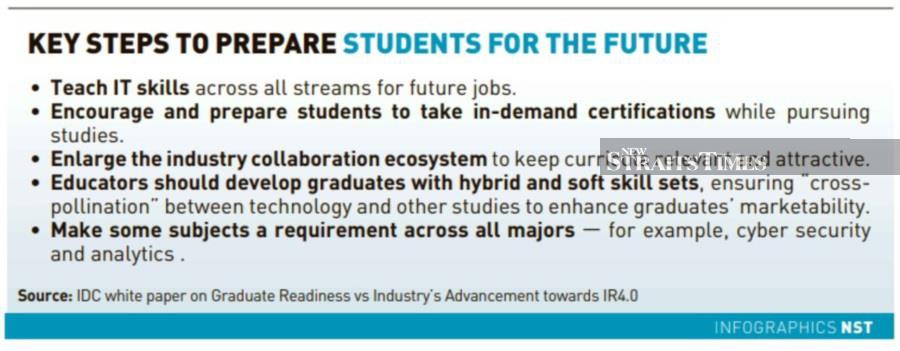
More articles on save malaysia!
Created by savemalaysia | Dec 31, 2024
Created by savemalaysia | Dec 31, 2024
Created by savemalaysia | Dec 31, 2024
Created by savemalaysia | Dec 31, 2024











